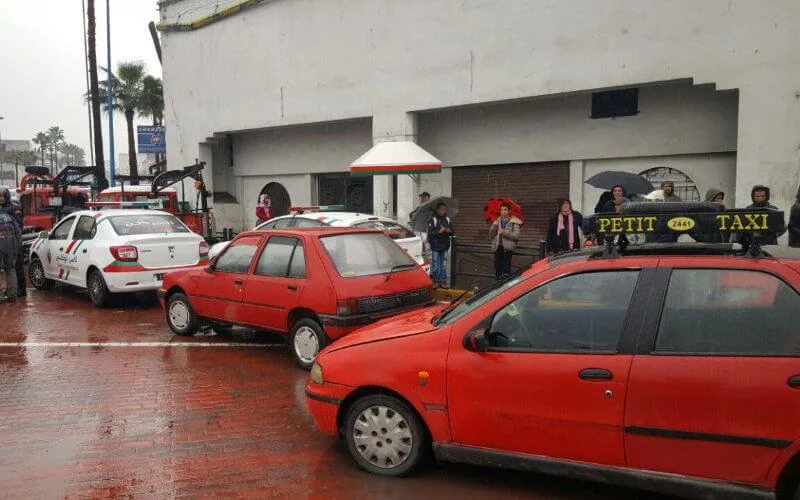Morocco Considers Mandatory Surveillance Cameras in Taxis, Interior Minister Says

The obligation to install surveillance cameras in first and second category taxis must be enshrined in a legal text and be subject to a feasibility study, recently declared Abdelouafi Laftit, Minister of the Interior.
In a written response to a question posed by councilor Khalid Saiti, from the National Labor Union in Morocco, regarding "the installation of surveillance cameras in taxis of both categories," Abdelouafi Laftit indicated that this measure, seen as "a means to reduce problems occurring between customers and taxi drivers," raises questions about its relevance and efficiency. "The use of surveillance cameras in taxis and the obligation for drivers and their customers to accept this measure require the existence of explicit legal provisions providing for it," he specified.
This proposal also requires "a preliminary study on the feasibility and possibility of adopting such legal provisions in light of other laws in force, particularly the provisions of Law No. 09.08 relating to the protection of individuals with regard to the processing of personal data," added the minister, recalling that "in the absence of a legal basis allowing the imposition of surveillance cameras in taxis, the provincial authorities supervising this sector have undertaken a set of organizational measures with the aim of improving the quality of services provided."
For the government member, the installation of these cameras in taxis will lead to "organizational and technical problems related to the collection, storage, and processing of data related to recordings, in accordance with established rules, which guarantee the security of processing and respect for conditions aimed at protecting the rights of individuals whose data is processed." The official also assured that the provincial authorities ensure "the control of taxi operating conditions and the strengthening of surveillance in coordination with the competent services."
To this end, "a set of administrative procedures and sanctions are defined in case of non-compliance with their provisions, and in case of any infraction or violation related to the behavior of drivers towards customers, necessary measures are taken against offenders," continued Laftit, specifying that these sanctions can go as far as the permanent withdrawal of the trust authorization (trust permit). Moreover, commissions are created in prefectures and provinces to "study complaints and infractions recorded against taxi drivers, proceed with their evaluation and propose sanctions against offenders."
Related Articles
-

Border Police Crack Down on Thriving Stolen Car Trade to Morocco
1 September 2025
-

Vacation Nightmare: Dutch Teen’s Seizure at Moroccan Airport Leads to Harrowing Medical Ordeal
31 August 2025
-

Morocco’s Intelligence Services: The Unsung Heroes in Global Counter-Terrorism and Drug Busts
31 August 2025
-

Mental Health Crisis Grips Morocco: 425 Cases Spark Calls for Urgent National Action
31 August 2025
-

Vueling Expands Winter Routes: Barcelona to Morocco, Slovenia, and France
31 August 2025